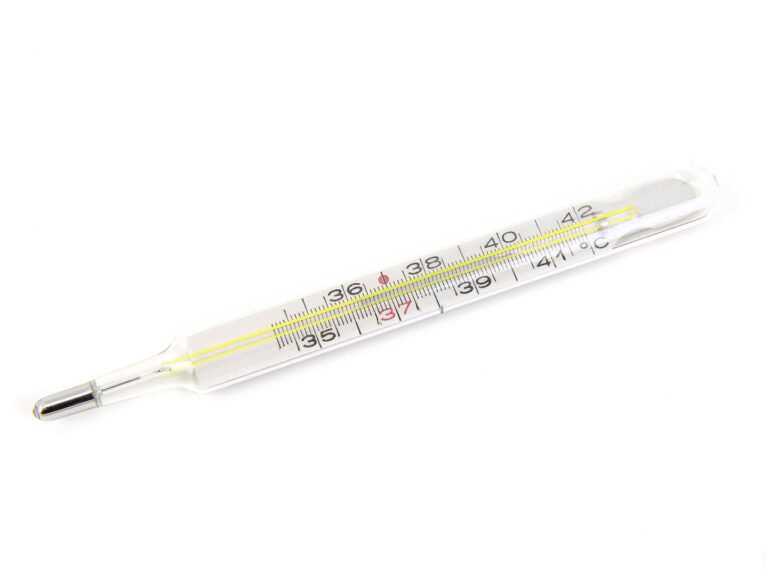The Importance of Vaccination for Global Health
Vaccination plays a crucial role in preventing disease outbreaks by establishing immunity within a population. When a large percentage of individuals are vaccinated against a particular disease, it creates a protective barrier, known as herd immunity, that reduces the likelihood of the disease spreading. This effect is especially important for those who cannot receive vaccines due to medical reasons, as they rely on the immunity of others to stay protected.
Furthermore, vaccination helps to break the chain of transmission of infectious diseases. By reducing the number of susceptible individuals in a community, vaccines limit the opportunities for diseases to spread from person to person. This is particularly significant for highly contagious illnesses, such as measles or influenza, where rapid transmission can lead to widespread outbreaks. Vaccination not only protects individuals from getting sick but also helps safeguard the overall health of the population.
The Impact of Vaccination on Reducing Mortality Rates
Vaccination plays a crucial role in reducing mortality rates across the globe by effectively preventing the spread of infectious diseases. By immunizing individuals against harmful pathogens, vaccines help to create herd immunity within communities, ultimately leading to a decline in the number of fatalities caused by preventable illnesses. The impact of widespread vaccination campaigns can be clearly seen in the drastic reduction of mortality rates associated with diseases such as measles, polio, and influenza.
Furthermore, vaccination not only protects individuals from falling seriously ill but also contributes to the overall well-being of society by lowering the burden on healthcare systems. By minimizing the incidence of severe disease outbreaks, vaccines enable healthcare providers to allocate resources more efficiently and focus on treating other health conditions. This proactive approach to disease prevention through vaccination has been instrumental in saving countless lives and improving public health outcomes on a global scale.
Why is vaccination essential for preventing disease outbreaks?
Vaccination helps to build immunity against specific diseases, preventing individuals from getting sick and spreading the disease to others. This ultimately helps to prevent disease outbreaks within communities.
How does vaccination impact mortality rates?
Vaccination has a significant impact on reducing mortality rates by preventing individuals from contracting deadly diseases. By vaccinating a large portion of the population, the overall risk of mortality from vaccine-preventable diseases is greatly reduced.
What are some examples of diseases that have seen a decrease in mortality rates due to vaccination?
Diseases such as measles, polio, and influenza have seen a decrease in mortality rates thanks to widespread vaccination efforts. Vaccines have played a crucial role in reducing the impact of these diseases on public health.
Is vaccination safe?
Vaccines go through rigorous testing to ensure their safety and effectiveness before being approved for use. The benefits of vaccination far outweigh the risks, and the vast majority of individuals can safely receive vaccines without serious side effects.
How can vaccination help protect vulnerable populations?
Vaccination helps to protect vulnerable populations, such as young children, the elderly, and individuals with compromised immune systems, who are at higher risk of severe complications from certain diseases. By vaccinating those around them, we create a “herd immunity” that helps to shield these vulnerable individuals from infectious diseases.





